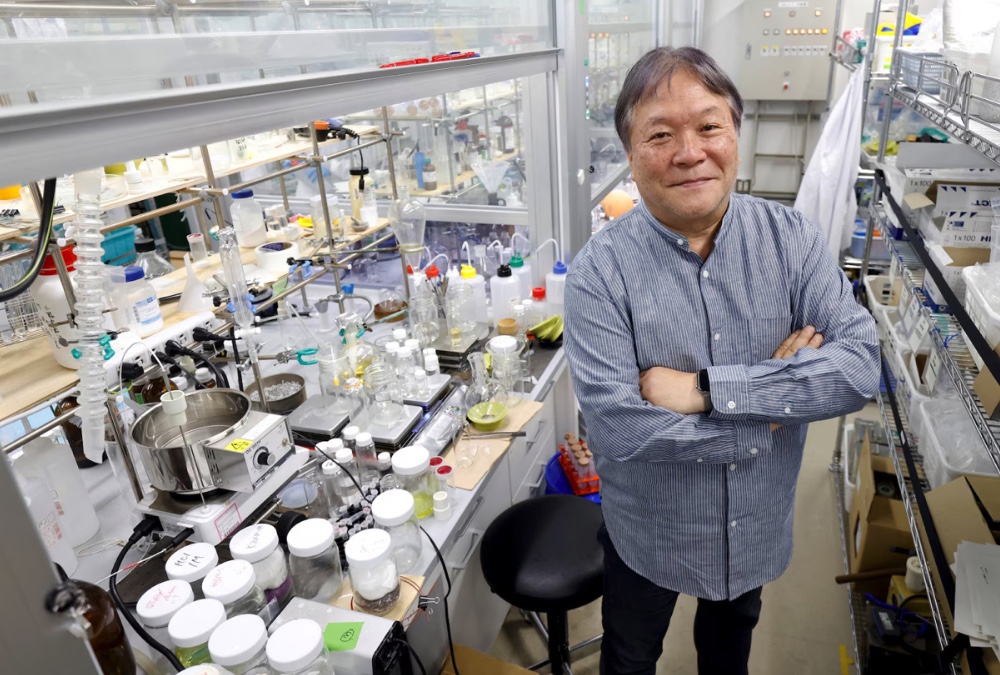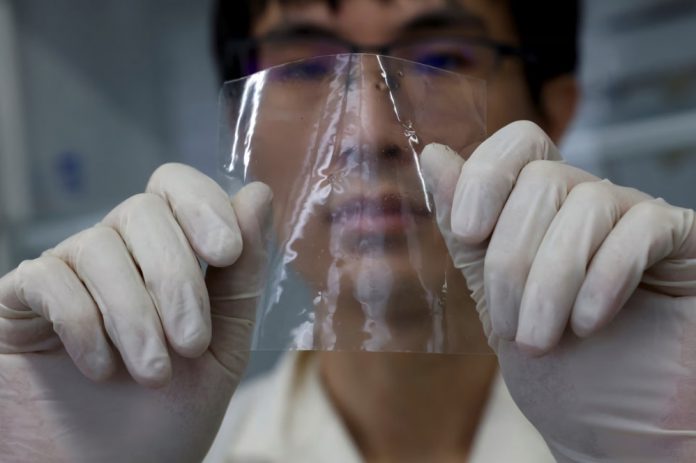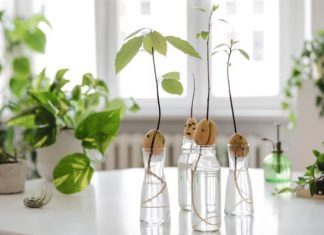เพราะเด็ก ๆ ไม่สามารถเลือกโลกที่อยู่ได้ เหล่านักวิทยาศาสตร์ในญี่ปุ่นจากศูนย์วิจัย Riken และมหาวิทยาลัยโตเกียว จึงคิดค้นนวัตกรรมที่สำคัญในการแก้ปัญหามลพิษพลาสติกในมหาสมุทร จะเป็นทางออกสำคัญต่อปัญหามลพิษที่ส่งผลกระทบต่อทะเลและสัตว์น้ำ

ในห้องทดลองที่เมืองวาโกะ ใกล้โตเกียว ทีมงานสามารถทำให้ชิ้นพลาสติกขนาดเล็กละลายในน้ำเกลือได้หลังจากคนผสมประมาณ 1 ชั่วโมง ด้วยวัสดุที่ไม่เป็นพิษ ไม่ติดไฟ และไม่ปล่อยก๊าซคาร์บอนไดออกไซด์ขณะย่อยสลาย แม้พลาสติกนี้จะมีความแข็งแรงเทียบเท่าพลาสติกที่ผลิตจากน้ำมัน แต่จะสลายกลับเป็นส่วนประกอบเดิมเมื่อสัมผัสกับเกลือ ซึ่งจุลินทรีย์ในธรรมชาติสามารถย่อยสลายได้ต่อไปโดยไม่ก่อให้เกิดไมโครพลาสติกที่เป็นอันตรายต่อสิ่งมีชีวิตในทะเลและเข้าสู่ห่วงโซ่อาหาร นอกจากนี้พลาสติกขนาด 5 เซนติเมตร ยังสามารถสลายได้บนดินที่มีความชื้นภายในเวลาราว 200 ชั่วโมง

ถึงจะยังไม่มีการนำไปใช้ในเชิงพาณิชย์ แต่ความสนใจจากภาคอุตสาหกรรมบรรจุภัณฑ์เพิ่มขึ้นอย่างมาก โดยความก้าวหน้านี้เกิดขึ้นท่ามกลางปัญหามลพิษพลาสติกที่คาดว่าจะเพิ่มขึ้นถึง 3 เท่าภายในปี 2040 และความพยายามของโลกในการหาทางแก้ไขก่อนวันสิ่งแวดล้อมโลกในวันที่ 5 มิถุนายนนี้อย่างไรก็ตาม ผู้เชี่ยวชาญเตือนว่าวัสดุทางเลือกพลาสติกยังต้องเผชิญกับความท้าทาย เช่น การแข่งขันกับต้นทุนต่ำของพลาสติกแบบดั้งเดิม และการขาดโครงสร้างพื้นฐานสำหรับการผลิตในวงกว้าง
Because children cannot choose the planet they will live on, scientists in Japan from the Riken Research Center and the University of Tokyo have developed a groundbreaking innovation aimed at solving the problem of plastic pollution in the oceans—an urgent threat to marine ecosystems and wildlife.
In a laboratory in Wako, near Tokyo, the research team demonstrated how a small piece of this new plastic completely dissolved in saltwater after about an hour of stirring. Made from non-toxic, non-flammable materials that emit no carbon dioxide during decomposition, this plastic maintains the strength of petroleum-based plastic but breaks down into its original components when exposed to salt. These components are then digested by naturally occurring bacteria, leaving behind no harmful microplastics that can enter the food chain.
A piece of the material measuring about 5 centimeters can also fully degrade in moist soil within approximately 200 hours. Although the product has yet to be commercialized, it has already attracted strong interest from the packaging industry.
This breakthrough comes amid growing concern over plastic waste, which is expected to triple by 2040, and global efforts to find solutions ahead of World Environment Day on June 5. However, experts caution that alternative plastics still face significant hurdles, such as competing with the low cost of traditional plastics and the lack of infrastructure needed for mass production.
#biodegradableplastic #worldenvironmentday #ecoInnovation #updatenews #TheThailandder
ที่มา : www.reuters.com , www.independent.co.uk

















